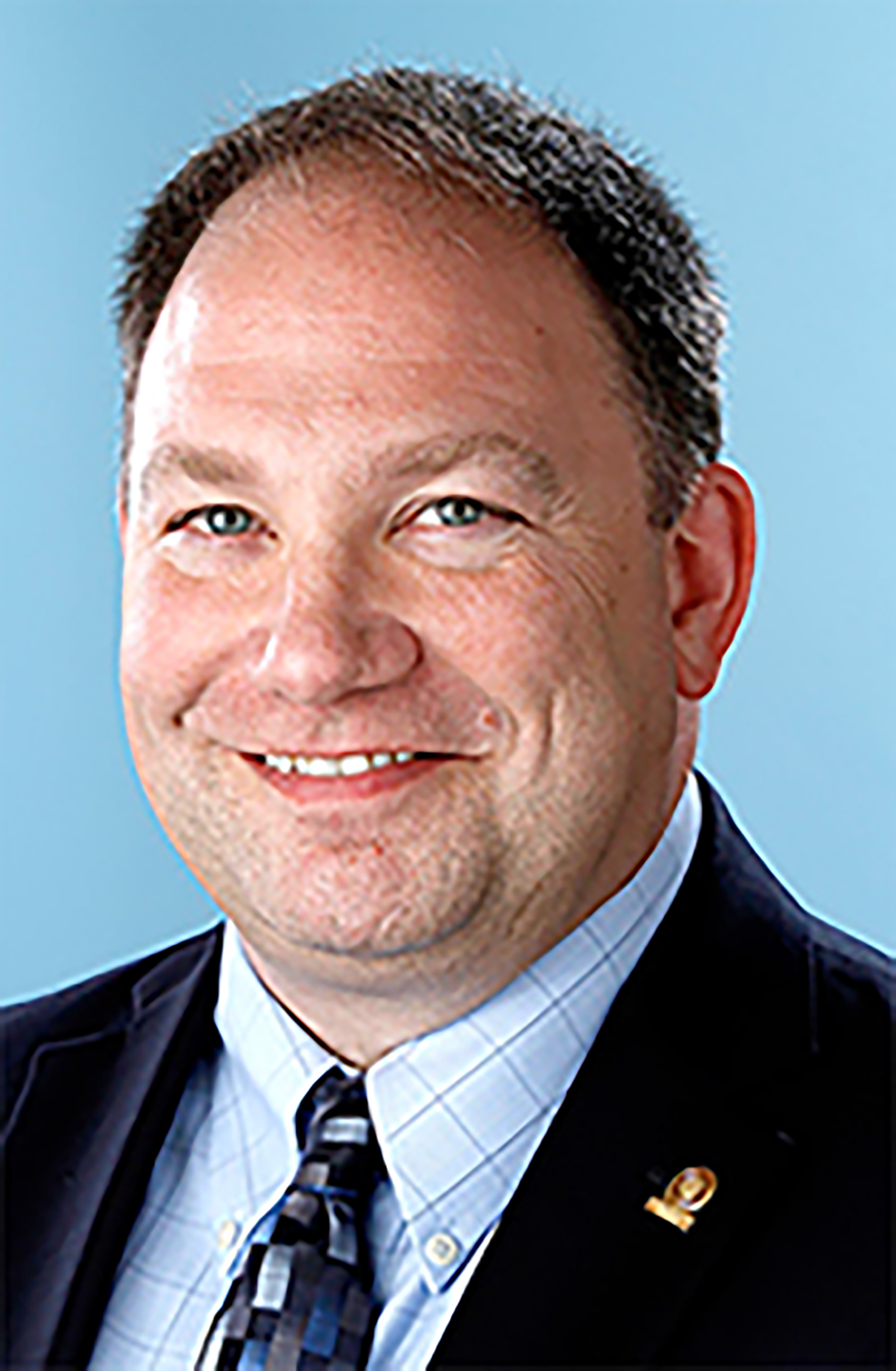Class research on overdose issues leads to proposed "good Samaritan" bill

A project by a Virginia Tech counselor education class has led to introduction of a "good Samaritan" bill in the General Assembly that would protect those seeking help for drug or alcohol overdose victims.
Introduced by Sen. Chap Petersen (D-Fairfax), the legislation would provide safeguards for individuals who report an accidental overdose, remain at the scene until emergency services arrive, and identify themselves to the responding officer.
The issue, now Senate Bill 892, was brought to Petersen’s attention by Virginia Tech’s Gerard Lawson, associate professor in the School of Education. Students in Lawson’s 2014 Orientation to Professional Counseling graduate course researched 911 good Samaritan laws, which allow individuals to seek help for someone who may have overdosed without fear of being arrested themselves.
Lawson contacted Petersen, who drafted and introduced the bill with support from a coalition of organizations and individuals. Lawson was invited to testify at a Jan. 26 Senate panel hearing on the legislation.
“More than 800 Virginians died from drug overdoses in 2012, and every one of those deaths left behind parents, families, and friends who were devastated by the tragedy,” Lawson said. “My students were working on a project for their Legal and Ethical Issues in Counseling project and came across good Samaritan legislation. It has now become law in 20 states. Our hope is that this legislation will save lives here in Virginia.”
The bill was passed unanimously by the Senate on Jan. 29 and will be sent to the House of Delegates for further action.
Petersen said, “good Samaritans who call 911 to report a drug overdose should have legal protections. I personally believe that this bill, if enacted, will save lives. I’m glad the Senate Courts of Justice Committee supports this bill.”
Lawson, a licensed professional counselor in Virginia, is a member of the American Counseling Association Governing Council and past president of the Association for Counselor Education and Supervision. He has authored or coauthored 19 refereed journal articles and book chapters, and has presented at national and global conferences.
He has received a number of honors and awards for his professional contributions, including the American Counseling Association’s Robert Rencken Emerging Professional Leader award in 2011.
Lawson holds a Ph.D. from the College of William & Mary, a master’s degree from Longwood University, and a bachelor’s degree from Virginia Tech. His research interests include clinical supervision, counselor development, substance abuse counseling, and counselor wellness and impairment issues.




